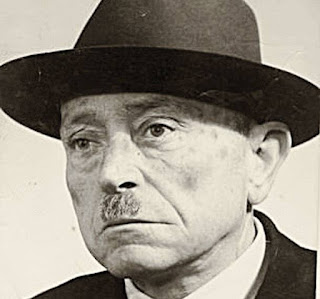Anton Pavlovich Chekhov was born in Taganrog, Ekaterinoslav, Govemorate, Russian Empire on 29 January 1860. He was a Russian playwright and short-story writer, who is considered to be among the greatest writers of short fiction in history. His career as a playwright produced four classics, and his best short stories are held in high esteem by writers and critics. In 1884, Chekhov qualified as a physician, which he considered his principal profession though he made little money from it and treated the poor free of charge. n March 1897, Chekhov suffered a major haemorrhage of the lungs while on a visit to Moscow. With great difficulty he was persuaded to enter a clinic, where the doctors diagnosed tuberculosis on the upper part of his lungs and ordered a change in his manner of life. On 25 May 1901, Chekhov married Olga Knipper
quietly, owing to his horror of weddings. She was a former protegée and sometime lover of Nemirovich-Danchenko whom he had first met at rehearsals for The Seagull. By May 1904, Chekhov was terminally ill with tuberculosis
. Mikhail Chekhov recalled that "everyone who saw him secretly thought the end was not far off, but the nearer [he] was to the end, the less he seemed to realise it." On 3 June, he set off with Olga for the German spa town of Badenweiler
in the Black Forest. He died on 15 July
1904 at the age of 44.
 |
| Anton Chekhov (1860-1904) |
 |
| THE LADY WITH THE DOG AND OTHER STORIES |
 |
| THE SEAGULL (1896) |
 |
| THE CHERRY ORCHARD (1903) |







Σχόλια
Δημοσίευση σχολίου